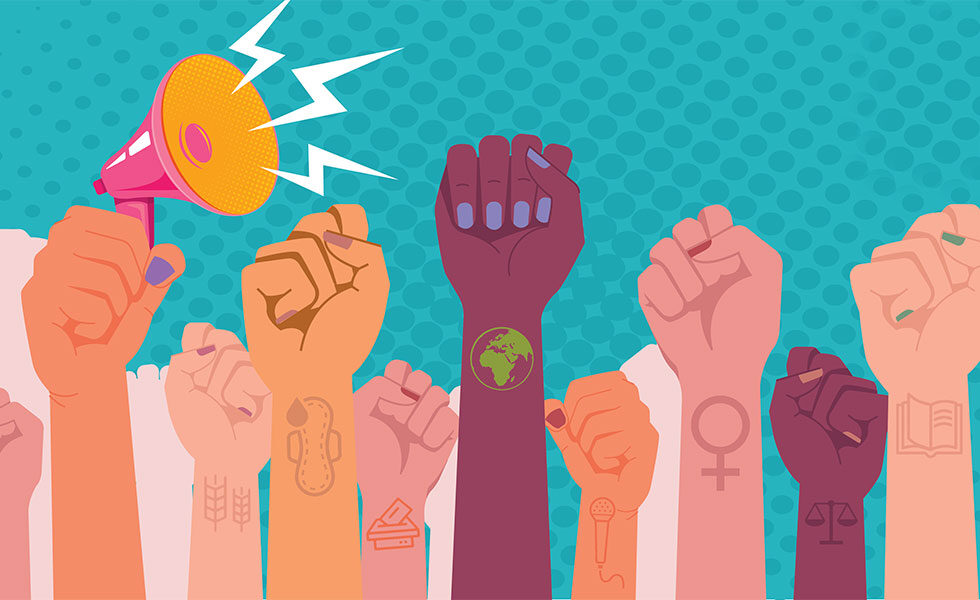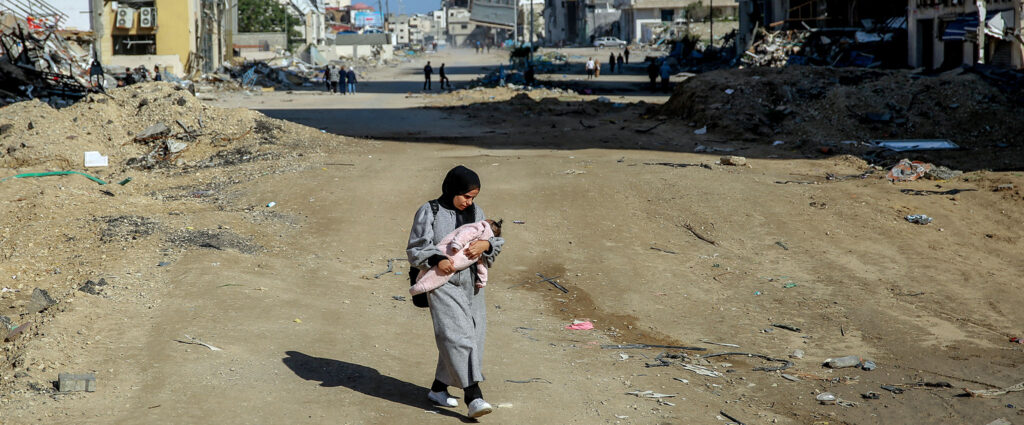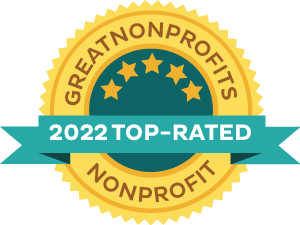
Summer Spotlight
We started this journey to improve our lives, but it has become so much more. We are proud to support our community and the refugees who depend on us. Together, we are stronger.
— Megan, WGEF Member
 Meet Megan and her group of five determined women, who have not only transformed their lives but have also become a lifeline for Sudanese refugees fleeing the ongoing conflict. With support from the Women’s Global Empowerment Fund (WGEF), Megan’s group is engaged in farming grains and vegetables; their success story is nothing short of inspiring!
Meet Megan and her group of five determined women, who have not only transformed their lives but have also become a lifeline for Sudanese refugees fleeing the ongoing conflict. With support from the Women’s Global Empowerment Fund (WGEF), Megan’s group is engaged in farming grains and vegetables; their success story is nothing short of inspiring!
Recognizing the urgent need for affordable, nutritious food for refugees from Sudan and South Sudan, Megan and her group saw an opportunity to make a real difference. By cutting out the middlemen in the local food supply chain, they began supplying fresh produce directly from their farms to markets and refugee settlement camps at the border. This direct supply approach has ensured that refugees receive nutritious food at affordable prices, while also stabilizing the local food economy.
Their business is thriving, and the impact is profound. The group’s dedication and hard work have not only improved their own lives but also provided essential support to those in dire need. Megan and her team have become a symbol of resilience and hope, showcasing the power of community-driven initiatives.
Their story is a testament to the incredible impact that empowerment and solidarity can have, both in transforming lives and in fostering a supportive and sustainable local food economy.
In 2023, food security is facing an ongoing global crisis; local farmers, and food chains can help prevent food insecurity created by high food and fuel costs and climate change, at the household and community level by creating local food economies. Local growers and food supply chains can provide sustainable access to available, diverse and affordable food.
Support our local food revolution to increase food security and prevent shortages and famine! Access to healthy food is a human right!
Peace,
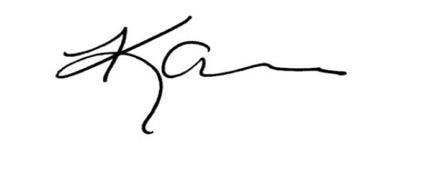
International Day for the Elimination of Sexual Violence in Conflict
I’m so happy that I can now read and write my name an opportunity which I lost when I was young but when WEGF opened the free literacy program I was among the first one to register.
— Grace Arach
“My name is Grace Arach, 29 years old, I have 3 children and a member of Kwo Aye Lonyo women group, I joined WGEF in 2008 and together with my members we have received 5 loan cycles. I sell fruits in the market and do some agriculture for home consumption. It was my first time to join any loan program and I feel preveraged to be part of the WGEF. I receive only 80,000shs $40 as my first loan which I invested in fruits as of now I have 300,000 $160 in my capital which I have raised through my saving and profits. I’m so happy that I can now read and write my name an opportunity which I lost when I was young but when WEGF opened the free literacy program I was among the first one to register. I was among the many girls who were abducted by Joseph Kony’s Rebels LRA and I spent 8 years with them in the bush. I was brutally beaten, forced to carry heavy loads and was forced to kill one of the girls whom we were abducted with using a stick imagine! I was raped and forced to sleep with many rebels to the extent that I don’t know the fathers of my 2 beautiful kids whom I came back with after being rescued by government forces…”
— Submitted with permission by author; translated by WGEF Program Manager
Menstrual Hygiene Day, 2024
It’s May and that means we focus on Menstrual Hygiene! At WGEF, we’re raising our voices to
break taboos and change the narrative.
Check out our latest HPI newsletter for Menstrual Hygiene Day, 2024!
WGEF Field Educator, Harriet, talking about challenges and solutions around menstrual health:
Celebrating Mothers and All Who Care for Their Families, Communities, and Mother Earth!
“One of the strongest connections is that of being a mother ~ which can mean many things ~ all of our clients are mothers. They are taking care of their children, children who were orphaned because of a long conflict, taking care of their families and each other, taking care of the land, water, and their communities.”
— Karen Sugar, WGEF Founder & Executive Director
Today I celebrate mothers day with JoyI’m entering my permanent house that I constructed from my own saving for 5 years.
Nancy, 48 a mother of 6 children, spent 14 years in IDP (Internally Displaced Camp) during the insurgence of LRA. She, like many, lost everything and depended on rations from WFP. Nancy joined WGEF 6 years back and has been running her agro business in the Gulu District.
“I set up 2 goals when in joined WGEF (1) To educate all my children and (2) To construct a decent house. I have achieved both my children all are in school. One graduated this year and today I’m entering my new house”
“Thank you WGEF for empowering my family.”
— Nancy – WGEF – Beneficiary Gulu
International Women’s Day 2024
An annual day to reflect on the role that gender plays in our lives, work, and our planet. It is a day to reflect on the lives and challenges women face globally, difficult journeys taken, consider our successes and recognize what we have lost, and find a way to move forward. At WGEF we’d like to share stories of hope and what is possible.
Gulu, International Women’s Day, 2024
Together, we can rewrite the narrative surrounding menstrual health, championing it as a natural, essential part of life.
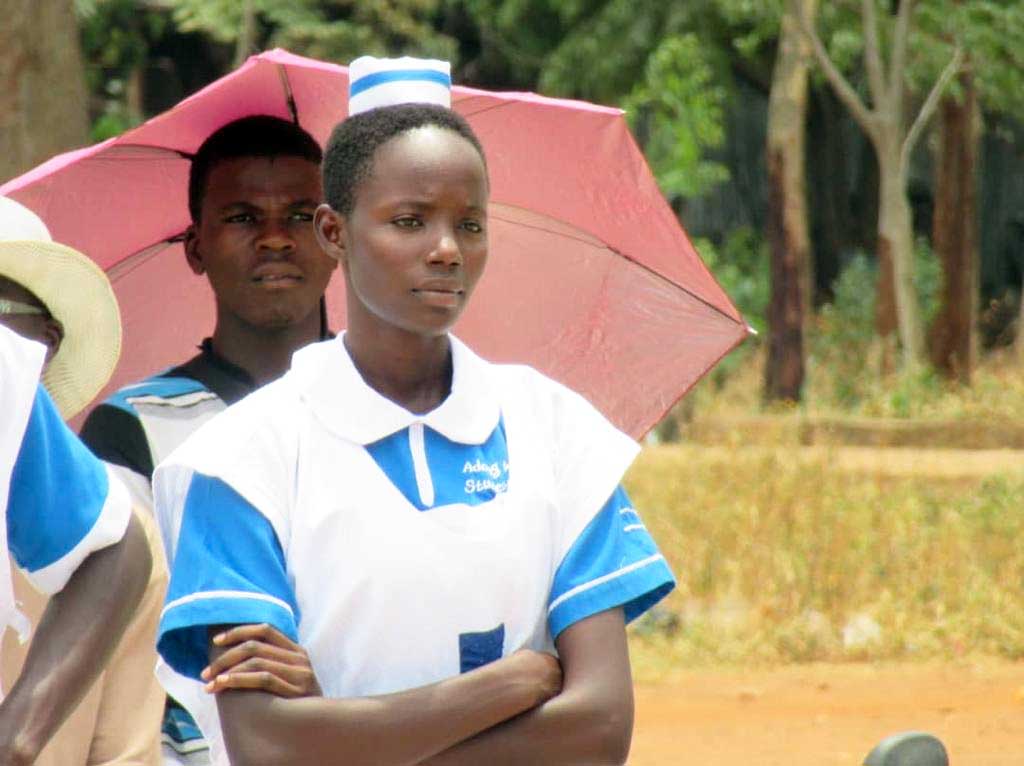 One of the most heartwarming HPI success story is that of Amina, a bright and determined young girl from Payibona village Gulu District. In the past, Amina struggled to attend school during her period, often resorting to using old rags or leaves. However, after the HPI program entered her school, she received monthly supplies of sanitary pads and invaluable knowledge about menstrual hygiene and health, Amina’s life took a remarkable turn! She was able to continue her education consistently and with dignity. Excelling in her studies, Amina enrolled in nursing school at Gulu University Medical School – even before completing her program, she became a role model for other girls in her community.
One of the most heartwarming HPI success story is that of Amina, a bright and determined young girl from Payibona village Gulu District. In the past, Amina struggled to attend school during her period, often resorting to using old rags or leaves. However, after the HPI program entered her school, she received monthly supplies of sanitary pads and invaluable knowledge about menstrual hygiene and health, Amina’s life took a remarkable turn! She was able to continue her education consistently and with dignity. Excelling in her studies, Amina enrolled in nursing school at Gulu University Medical School – even before completing her program, she became a role model for other girls in her community.
Caught In Between: Women and Conflict in Gaza, 5 Months Later
—Karen Sugar, Founder and Director of Women’s Global Empowerment Fund (WGEF)
This year, on IWD, we must include and recognize the women and children suffering, starving, dying in Gaza. We stand with the women of Gaza, calling for an immediate and permanent ceasefire. As a feminist organization focused on human rights for all, we demand an end to a conflict which has killed over 31,000 civilians, 70% are women and children. Women are disproportionately impacted in this conflict.
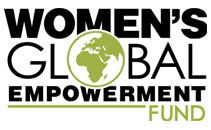 Women's Global Empowerment Fund
Women's Global Empowerment Fund



